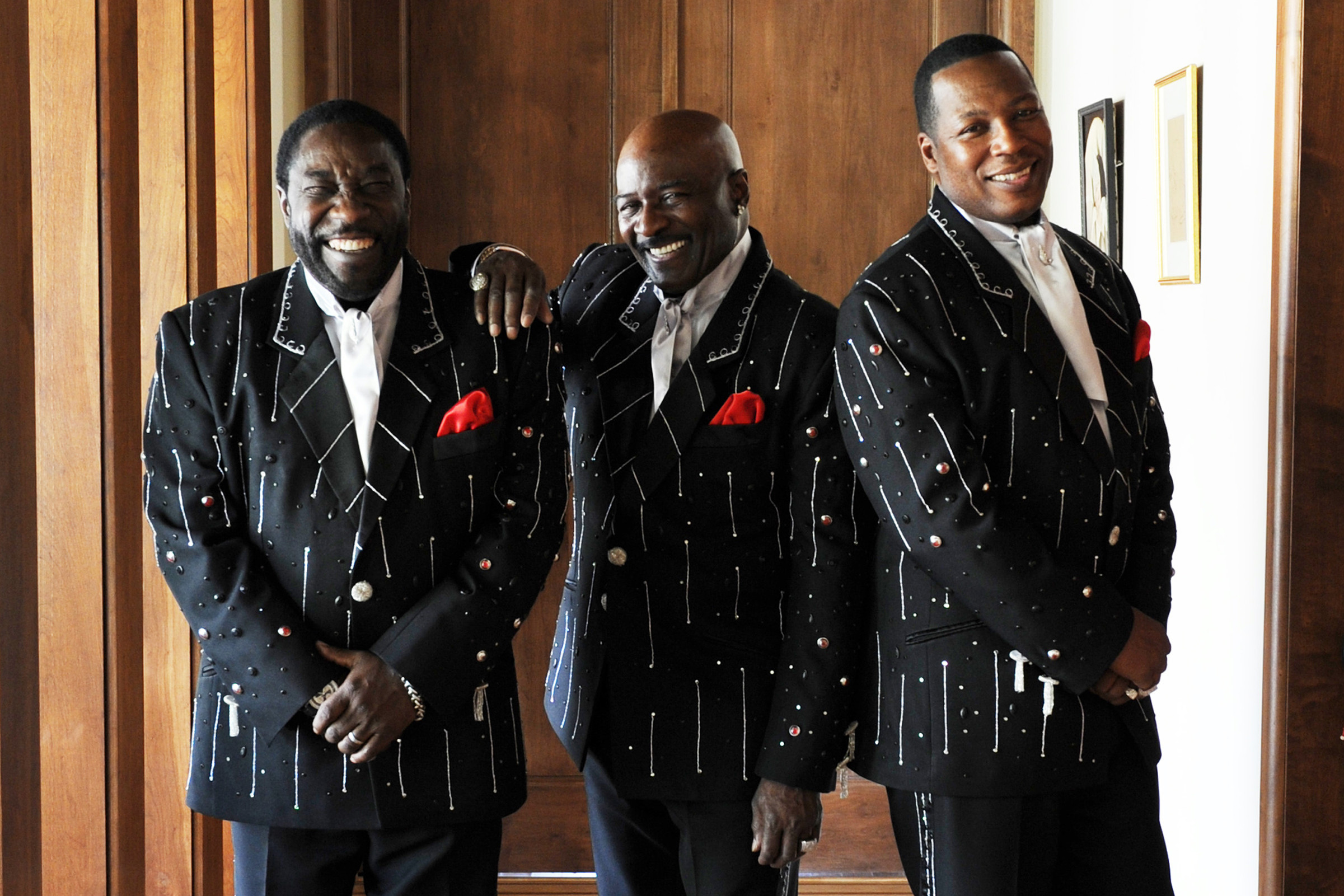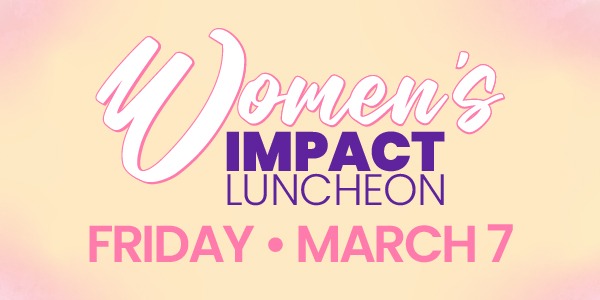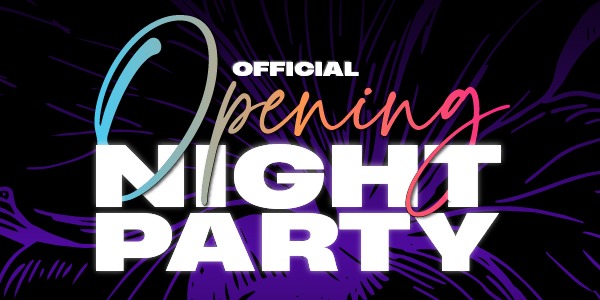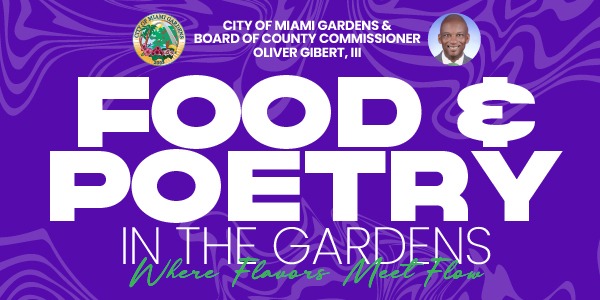The O’Jays Give the People What They Want for the Last Time
After a lengthy breaking from recording, the group known for Seventies hits like “Back Stabbers” returned to the studio to make one final album
On March 10, Betty Wright — a successful singer, background vocalist, composer and producer with five decades of experience — watched the long-running soul group the O’Jays take the stage in Miami for a set at Jazz in the Gardens Music Fest.
“People come from all over the world for that concert, and those women were going crazy,” Wright recalls. “I was sitting on the stage laughing through the whole show. Girls, older women, they were all there screaming together. I was saying, ‘these boys still have it!’”
“The people keep asking for more,” acknowledges the O’Jays’ Eddie Levert. “As long as the people are asking for it, why should we not give it to them?” To that end, the group released The Last Word, their first non-Christmas album since 2004, on Friday.
“Give the People What They Want” has been a guiding principle for the group — so much so that it served as the title of a 1975 single — since they formed towards the end of the 1950s. The O’Jays spent more than a decade in the music business, scoring several moderate hits but never a gold record, before they connected with the producer-songwriter duo Gamble & Huff, who were in the midst of ushering in a remarkable period of propulsive orchestral soul in Philadelphia. The combination proved immediately fruitful, yielding more than 20 R&B hits for the O’Jays. Enduring singles like “Back Stabbers” and “Use ta Be My Girl” also allowed the group to remain on the road, decade after decade.
The group’s commitment to live performance has barely wavered with time. “They would go out to Las Vegas every year and do a nine-week rehearsal for their upcoming new show,” says Toby Ludwig, who manages the O’Jays. “And they would do seven days a week, 10 hours a day; they didn’t take off even Sundays to rehearse.” But like many of their peers who recorded through the Sixties and Seventies, the O’Jays spent less and less time in the studio after the Eighties. As the R&B landscape shifted and hip-hop became prominent, new hits were hard to come by. Onstage, the O’Jays still had plenty of old hits that moved crowds.
Early in 2018, however, the group appeared on a CBS Sunday Morning segment to look back on their career. Sam Hollander — a writer mostly known for penning a slew of rock hits, including Panic! At the Disco’s “High Hopes” — was among those watching that day. “This piece referenced the fact that they were going to call it quits in the next year after a 60-year run,” Hollander recalls. “I thought to myself, there has to be a farewell record. So I called up their manager and said, ‘who’s making the farewell record?’ He said, ‘you are.’”
So Hollander joined the O’Jays and Wright in the studio along with Steve Greenberg and Michael Mangini, veteran record men who enjoyed success producing the first two Joss Stone albums. “Sitting down and trying to tackle writing something for them [the O’Jays] is like an archaeological dig,” Hollander says. “We spent lots of time trying to figure out their melodic tendencies, but nothing pandering. I wanted this to feel like the lost record of the era. It was brutal.”
This exacting approach helped ensure that The Last Word never strays far from the style of Seventies Philadelphia. The horn voicings and throbbing strings are pitched much as they would have been by Gamble & Huff. The guitar in “I Got You” suggests the Spinners’ “Could It Be I’m Falling in Love,” while “Start Stoppin’” unavoidably evokes another Philadelphia classic, “Ain’t No Stoppin’ Us Now.” “Enjoy Yourself” is co-written by Bruno Mars, but Wright worried that a few of the original lyrics weren’t precisely suited to the O’Jays. “Something a young boy might say, an older guy might be like, ‘nah,’” she explains. “So I changed a couple things.”
Despite the pitch-perfect reference points, the O’Jays didn’t cruise through the recording sessions. “They reminded me of a time when I was a young man and I would be in the studio with Bunny Sigler [who worked closely with Gamble & Huff] and he would be stretching my neck, every note was a high note,” Levert says. “You had to be in good shape to do these songs.” “They had me reaching for things I didn’t even know I could do,” adds the O’Jays’ Walter Williams. “I bitched and moaned all the way. ‘You’re gonna ruin my career! I won’t be able to sing anything after this!’ They were reminding me of a time when I was very young.”
To finish off The Last Word, the O’Jays returned to “I’ll Be Sweeter Tomorrow (Than I Was Today),” an aching slice of doo-wop soul they originally released in 1968. The song is a pledge of personal reform; in a plaintive moment, the O’Jays open the new version by acknowledging that when they first recorded the song, they “didn’t know what sweeter meant, didn’t know what sweeter was.” They sing it differently now, distilling decades of experience into weighty, rending lines. “That’s the same key as that was [when we first recorded it],” Levert says proudly. “That was really high!”
Even with their hiatus from recording, the O’Jays still have a perfectionist streak — Levert wishes they had more time to work on The Last Word‘s final track. But he’s pleased he returned to the studio. “If this is the last album,” Levert asks, leaving the door open, “what better way to end up?”






